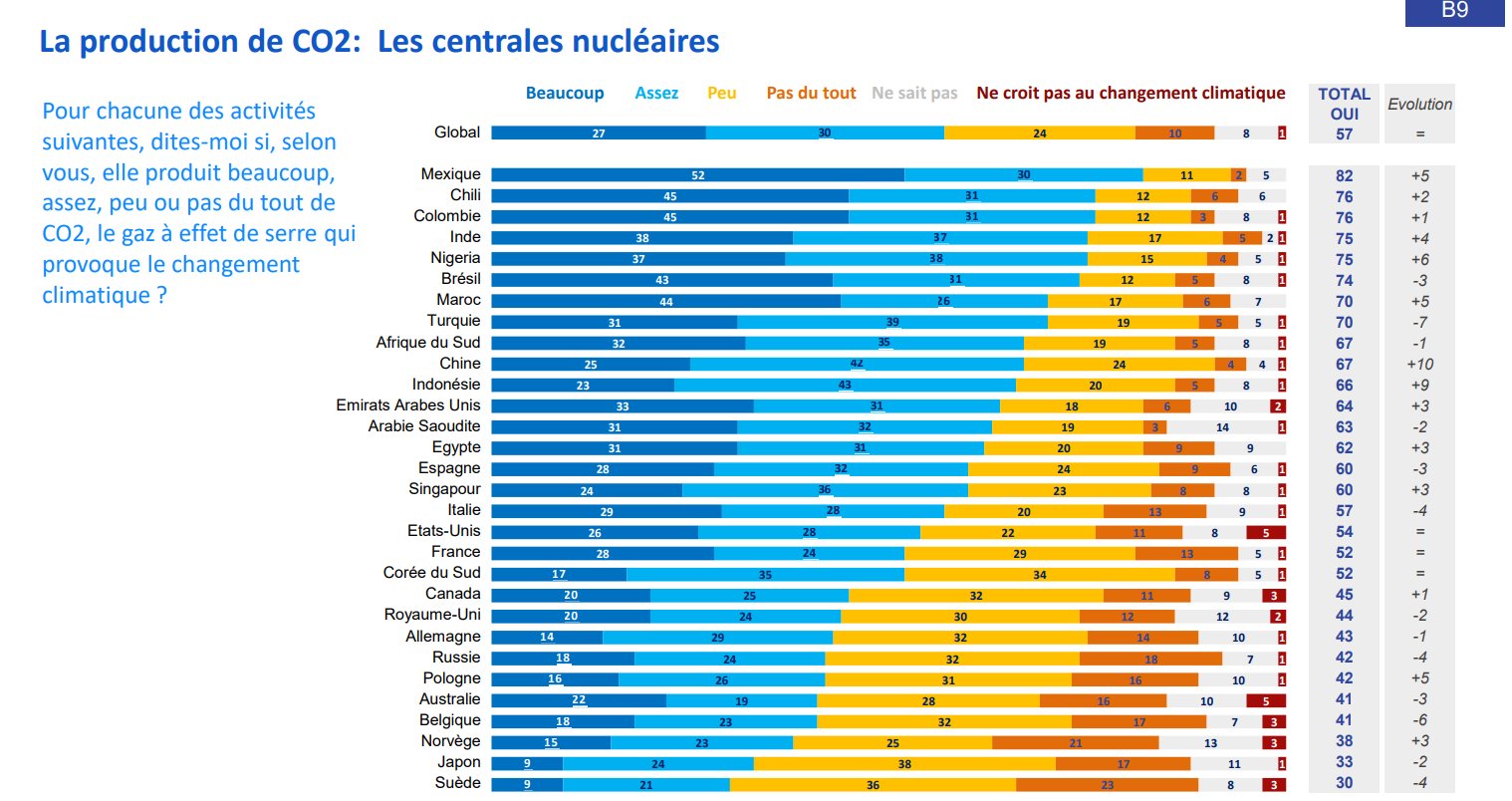Here’s Paul Ehrlich, best known for his book The Population Bomb, in a 1970 interview.
Why is this surfacing, 50+ years later? Because just the other day, 60 Minutes chose to put him on the air for more catastrophizing. Ehrlich’s dismal track record for accuracy of predictions–Alex Epstein called him ‘the anti-human ecologist who has been 180 degrees wrong for 55 years”–was apparently no problem in the eyes of those responsible for this program.
Here are a few of Ehrlich’s assertions from back in 1968-1970:
“The battle to feed all of humanity is over. In the 1970s, hundreds of millions of people will starve to death”
“In 10 years all important animal life in the sea will be extinct.”
“I will take even money that England will not exist in the year 2000”
“You oughta make the FCC see to it that large families are always treated in a negative light on television”
(and if that isn’t enough, “the government will simply tell you how many children you can have and throw you in jail if you have too many”)
“Enjoy what little time you have left. That point for me is 1972.”
Perhaps worst and most revealing: Allowing women to have as many babies as they wanted is akin to letting everyone “throw as much of their garbage into their neighbor’s backyard as they want.”
And how did Ehrlich respond when his most recent media appearance was critiqued? Like this:
60 Minutes extinction story has brought the usual right-wing out in force. If I’m always wrong so is science, since my work is always peer-reviewed, including the POPULATION BOMB and I’ve gotten virtually every scientific honor. Sure I’ve made some mistakes, but no basic ones.
To which Mary Madigan retorted:
Here, Paul Ehrlich gives us the most comprehensive condemnation of the peer review system ever made.


